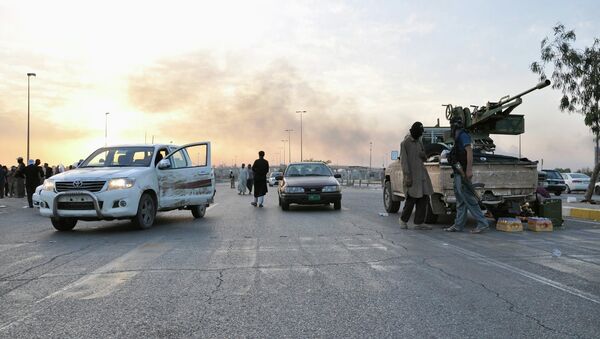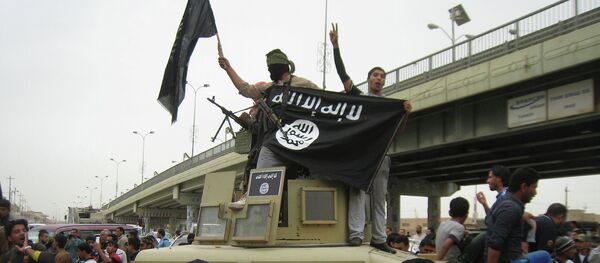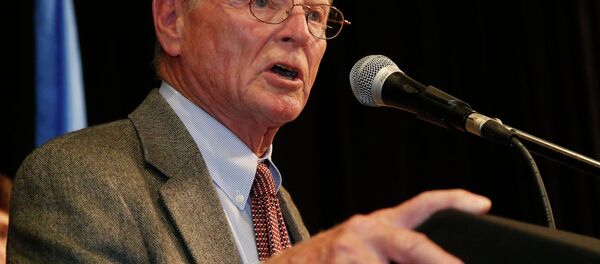Indeed, after several fruitless attempts to push forward a military air campaign against Bashar al-Assad's regime in Syria, US President Barack Obama now has a valid reason to deploy US-led forces in the Middle East and to launch large-scale air strikes in the region.
A series of Pew Research Center polls dating back to 2012-2013 indicated low public backing for a proposed US-NATO intervention in the Middle East among both Americans and Europeans. More than half of American and European respondents were strongly against a US-led military campaign in Syria and opposed any financial or material support of the US strikes against Bashar al-Assad, favoring diplomatic measures. Most of the respondents were also against providing military assistance to the so-called "moderate" Syrian rebels, who have been fighting against al-Assad since 2011.
The European governments pledged to intensify their war on terror in the Middle East, while US President Obama authorized the military to begin a large scale air campaign in Iraq and Syria together with a US-led coalition of five Arab nations. Remarkably, a survey published by Pew Research Center on October 22, 2014 showed that US military strikes in Syria and Iraq received approval from over 57 percent of Americans, although some of the respondents expressed concerns about America's "deep" involvement in the conflict.
Meanwhile, on January 16, 2015, the Pentagon announced it would deploy hundreds of US military consultants in Turkey, Qatar and Saudi Arabia in order to train and equip the so-called "moderate" Syrian rebels. It is planned that the new cohesive force comprising of about 5,000 fighters will topple al-Assad's regime in Syria and eliminate the Islamic State jihadists. Curiously enough, in August 2014, a strikingly similar plan was presented by Kenneth M. Pollack, a former CIA intelligence analyst and a senior fellow at the influential Brookings Institution. According to Mr. Pollack's strategy the US had to train and arm several brigades of "moderate" Syrian rebels in order to overthrow al-Assad and deal a severe blow to Islamists.
At the same time the Islamic State's activity, particularly its vocal anti-Western discourse and horrific videos, sparked controversy among political analysts and experts. It is believed that the core of the Islamic State's structure was formed by Saddam's military officers as well as former members of Iraqi Baath Party. Political analysts explain that the Islamic State is actually a peculiar hybrid of radical Islamists and well-trained army officers.
It seems rather illogical, they underscore, that ISIL decided to throw a challenge to the West amid its successful military advance in Iraq. The terrorist commanders could obviously foresee the fierce military response of the United States and its NATO allies to the execution of Western civilians and provocative anti-Western rhetoric.
The question remains if the United States and its NATO allies are interested in bringing about the further escalation of the conflict in the Middle East in order to topple Assad's regime in Syria and maintain military control over the region.




